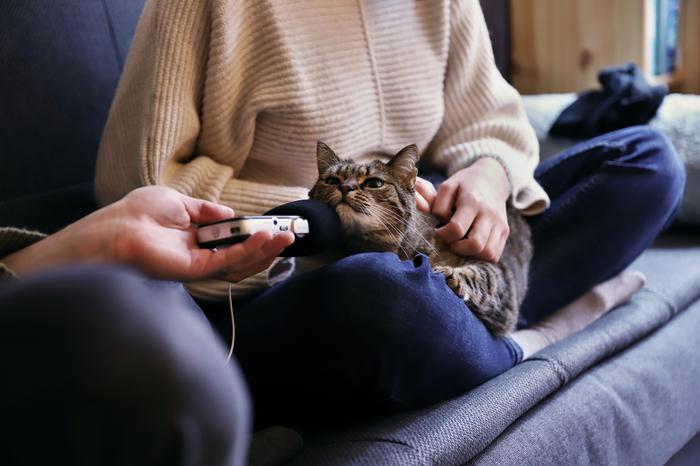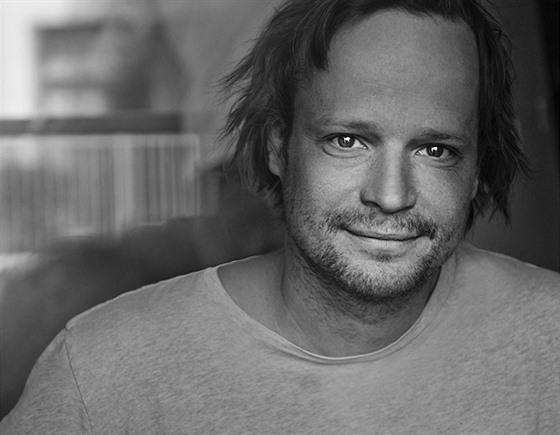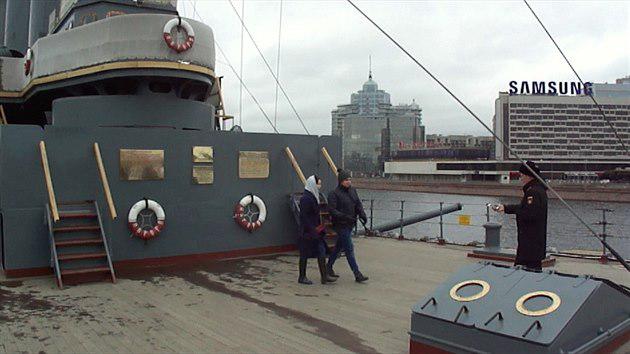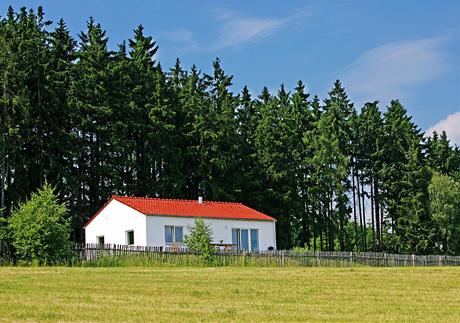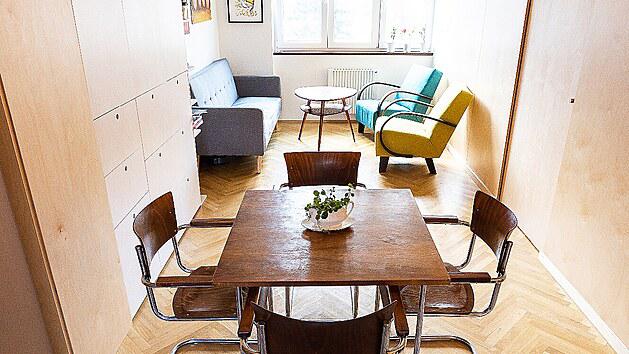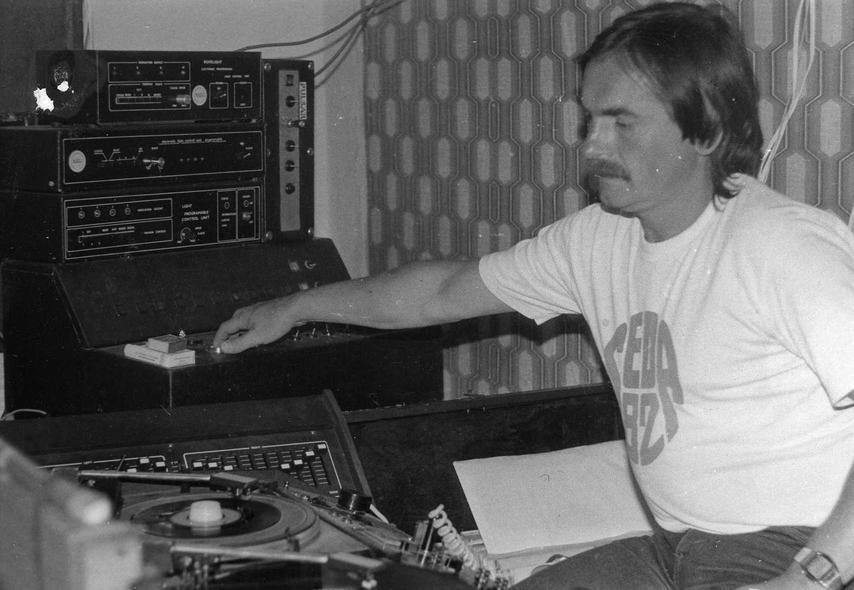
People are afraid of further price increases, the shopping spree will not happen after the pandemic. Consumers are looking at the worst year since at least the crisis year of 2013
The big shopping spree did not take place last year as part of the opening of the economy after the pandemic. This follows from the data published today by the Czech Statistical Office. For the whole year, retail sales increased by 4.4 percent. This is a lower increase than in each of the pre-pandemic years 2015 to 2019, while last year's year-over-year sales were optically boosted by the extremely reduced comparative base of 2020.
After all, the sales for December 2021 alone are also disappointing. After excluding the motor vehicle segment, they added only 3.3 percent year-on-year, i.e. less than even the most pessimistic analytical estimate predicted. In the middle value, international analysts contacted by the Bloomberg agency expected a growth of 7.6 percent.
Toward the end of last year, accelerating inflation, especially rising energy prices, but also the collapse of energy suppliers, led by Bohemia Energy, worsened the mood of consumers. Although the collapse of this supplier occurred already in October 2021, the overall atmosphere after its collapse had an adverse effect on many households in the following months as well.
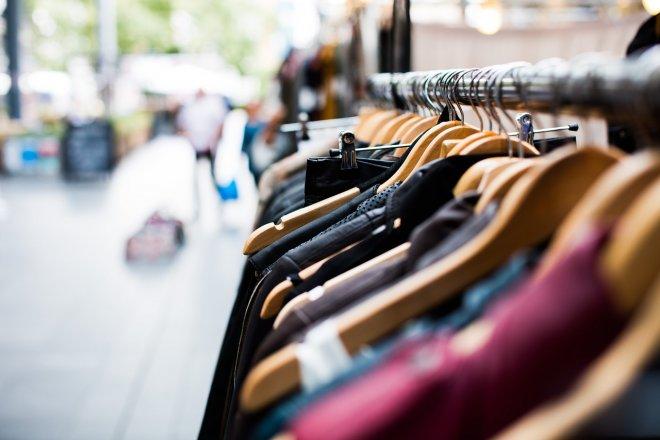
In anticipation of further energy price increases, consumers reduced their spending in December as well, compared to what they would have spent without the energy crisis. Consumer sentiment was not helped by the re-spread of covid, specifically the omikron variant, which in December 2021 was still only being speculated about how dangerous it would be in the end. Even in the fear of a possible next wave of closings, possible lockdowns or layoffs, consumers limited their spending in order to prepare for worse times. Understandably, they also kept money aside for worse inflationary times.
No big consumer boom can be expected this year. It will be a success if sales growth exceeds last year's level. Rather, it will end up below it, at the level of roughly four percent. The base of the year-on-year comparison, which has been lowered so much, will no longer play into the cards for sales, as it did last year. In addition, fears of further escalation of inflation, which are now record high in the entire history of measurement, will persist and even intensify.
Inflation will show itself more than last year in the food segment and again in the segment of energy prices and housing. So consumers will cut back on excess spending to have enough of a cushion in case the prices of these necessities rise further. Cutting back on junk spending will dampen overall retail sales, as well as the fact that nominal earnings growth this year for the first time since 2013 will not be enough to keep up with price growth in the economy, i.e. inflation.
Lukáš Kovanda, Ph.D., Trinity Bank

